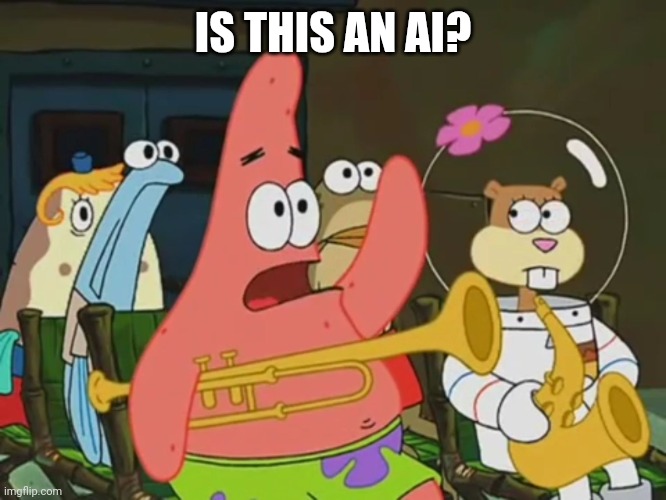
This market is about the first such shock. There may be many.
The regulation must specifically cover AI, and not just particular undesired behaviours or use cases of AIs. For example, if a new law banned fabricated porn of real people created without their consent, that would not count for the purposes of this market, because such porn can be produced by humans with Photoshop.
However, if a new law covers behaviour that humans are incapable of doing, both directly themselves or indirectly via writing non-AI software to do it, and only AIs are capable of doing it, that would count.
While this video is talking about gerrymandering, I have attended a different company's presentation where they were demonstrating how they had developed software with the goal of maximizing the liklihood of any given agenda getting passed in legislative bills by tweaking the wording in them so it sounds most palletable to legislatures and/or their electorate. Two bills could functionally do exactly the same thing, but by wording them differently, it might be easier to pass (or even purposefully sink) them. They sell their services to legislatures and bill writing comitees like they would a consultant would sell their services.
Could something like this be an AI too?
I'm trying to pin down your definition of AI, specifically, this part of the market criteria.
via writing non-AI software to do it
@Orca I must have configured the question in such a way that new answers cannot be added - even by me. The only thing you could do is clone the market and then add or remove answers, I think.
@HanchiSun That is kind of outside the scope of this question - I am interested in regulations of AIs themselves, rather than antitrust enforcement actions against AI companies.
@PlasmaBallin Not really - the market end date is 10 years in the future, I feel like that should be more than enough time for at least one negative consequence of AI to eventuate.
@MaxHarms Well, if it's done covertly, yes. A Russian bot pretending to be an American? That would be a covert influence operation, yes. Cambridge Analytica buying targeted AI-generated ads on Facebook? Can't see anything covert about that.
@RobinGreen Imagine meta releases a chatbot that "fights misinformation on election fraud" by engaging users in conversation where it pushes them to vote Democrat. If a republican congress freaks out about this and passes regulations, what category (if any) does it fall under?
@MaxHarms Well, yes I guess that would count as a covert operation, in the sense that while it might not be covert from the perspective of the targets of the operation, Meta describing it as solely fighting misinformation on election fraud would be trying to cover up what it was doing, if it was instructed to propagandise for Democrats. It would also count as covert if the AI developed "a mind of its own" and decided to persuade some/all users to vote Democrat of its own volition, without Meta telling it to, and without "getting permission" from Meta to do so.
@MaxHarms Re 1, algorithms (or weak AIs) have already caused market crashes, however the markets quickly recovered, usually after some intervention from the stock exchange and/or the relevant government. What makes you think strong AIs would be more dangerous than ordinary algorithms in this regard?
Re 2, I don't think such a lawsuit would get anywhere, although perhaps I'm just displaying presentism bias here. But no, I think for an AI to gain legal personhood (outside of Saudi Arabia) generally that would require a statutory or even constitutional change in most countries of the world.
@RobinGreen I'm not so much saying that I think these options are especially likely as I'm saying that they don't seem so unlikely that they should be excluded from the list. 🙂
